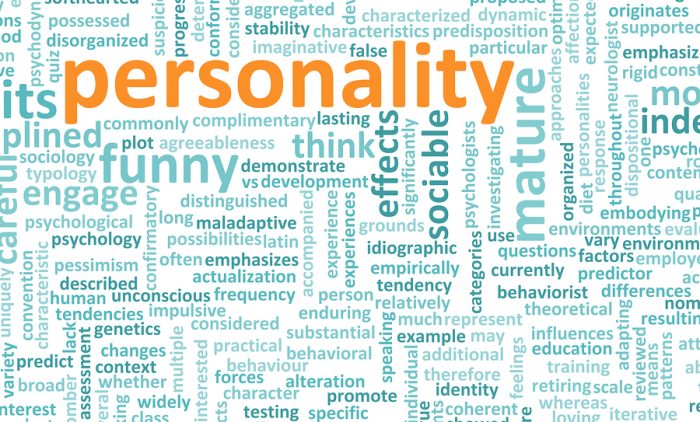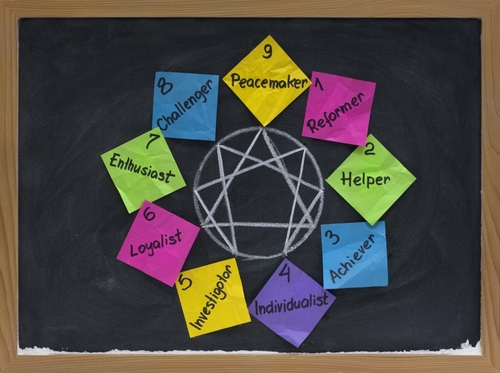
Every living species has gone through some type of personality profiling or personality assessment in their lifetime. According to Jane Framingham, PhD, “Psychological testing — also called psychological assessment — is the foundation of how psychologists better understand a person and their behavior. It is a process of problem solving for many professionals — to try and determine the core components of a person’s psychological or mental health problems, personality, IQ, or some other component.”
To understand what a new friend’s character is like, you subject them to little tests. Companies do that as well to their employees to gauge their abilities or dedication to the craft. Only, the evaluations are not always called as such, so many may be surprised to hear that they’ve taken part in these assessments in the past.
Michelle F. Eabon, PhD, and Dan Abrahamson, PhD, said, “Psychological testing isn’t like taking a multiple-choice exam that you either pass or fail. Rather, psychologists use information from the various tests and assessments to reach a specific diagnosis and develop a treatment plan.”
Keep on reading to find out the different techniques to assess someone’s personality.
Observation
It is perhaps the first ever method of testing you’ll experience. The parents who aim to realize their child’s behaviors better and get how they may progress later on bring them to a development facility. Here, the kid is typically left alone in a room with a camera or given several situations while the attending physician takes note of his or her attitude from another room. They can then interpret the results to the parents afterward.
Interview
The interviews that professionals conduct are profoundly different from regular conversations you have with friends. Some use diverse approaches on the matter by either sounding too business-like or less formal. The goal is the same, though – to see your honesty and how you perceive things. Not only does it apply to enterprises but during lawful investigations as well.
Performance-Based Assessment
This is also known as the free-response test, primarily because of how the evaluator gives the subject the opportunity to act without limits. A simple task is usually provided to the person. They then inspect the process that he or she followed to accomplish it, the time duration, and the end-product, among others.
Questionnaire
Perhaps a more frequently used personality assessment method is handing out questionnaires. The latter consists of questions whose answers may be shaded, filled in the blanks, or underlined. They differ in the content, depending on who will utilize it.

It’s possible for the individual to lie about their persona through this, however, when everything’s written down.

Ratings
A similar procedure to questionnaire is a rating scale. You have the queries on paper as well, yet the assessor provides parameters to what you can answer. Its benefit is that it can easily quantify the replies and derive group results.
This is highly obvious when a company asks for your feedback regarding their services.
Personality Inventory
If any valuations may probe your private life, they are personality inventories. The questions given intend to enable the subjects to reveal their deepest thoughts to the professional. For instance, what will you do when you see your colleague sneaking out office supplies? How can you describe your feelings right now? They accumulate the answers and then come up with a report about your personality.
Projection
The projective method of assessing someone’s behavior tries to tap into your psychological reality. That entails your desires, ideals and other biases. A few of the tests incorporated into it are thematic appreciation (TAT), word association, and Rorschach inkblot.
John M. Grohol, PsyD, suggests the importance of each test. He wrote, “It determines whether we bounce back after a tragic event or relationship problem, or we get mired down by the feelings. Your personality helps determine whether you’ll get along with your co-workers and boss, or whether every conversation turns into an argument.”